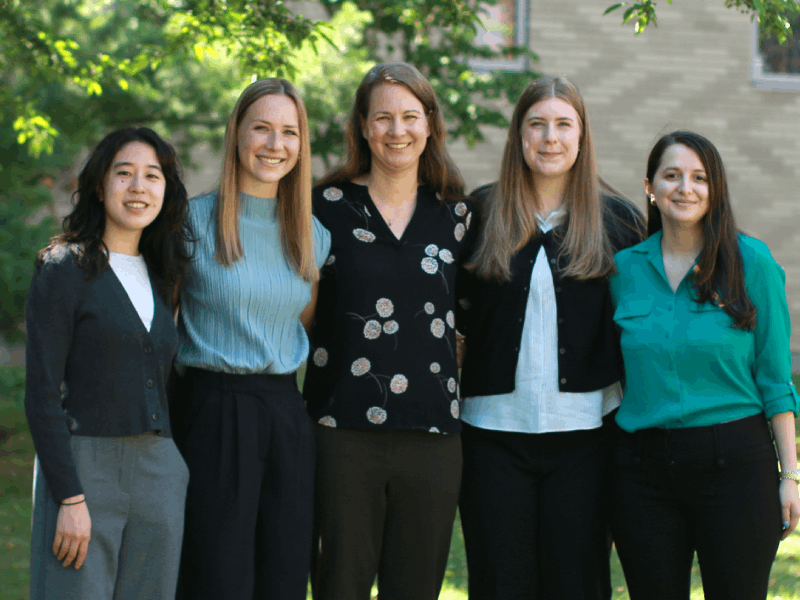Overview
The CHA Pharmacy residency programs are structured to meet ASHP residency standards and goals and objectives. Each resident will develop a solid foundation in evidence-based medicine along with critical thinking, problem solving & team based skills. Our graduates are well-prepared to provide quality patient care, seeking advanced specialty training, and pursuing board certification.
For AY25-26, we are offering a total of 5 residency positions in two unique programs: PGY1 (4 positions) and PGY2 Ambulatory Care (1 position).
Program Recruitment Activities
Please see below for opportunities to learn about our PGY1 and PGY2 Ambulatory Care Residency Programs and meet current residents, preceptors, and program leadership.
Follow us on X @CHAPharmRes
Instagram @CHAPharmRes
About Us
Cambridge Health Alliance (CHA) is a vibrant, innovative health system dedicated to providing equity and excellence for everyone, every time. With over 140,000 patients in Boston’s metro-north region, CHA is proud to offer the care people need most in their lives. CHA serves a linguistically and culturally diverse patient population with interpreter services in more than 60 languages.
CHA is composed of 3 hospitals – Cambridge, Everett and Somerville. Cambridge and Everett Hospitals each have 24-hour emergency services. CHA has 13 primary care practices providing essential services to Cambridge, Somerville and Boston's Metro North region. CHA is a teaching affiliate of Harvard Medical School, Harvard School of Public Health, Harvard School of Dental Medicine and Tufts University School of Medicine.
 Pictured above: Ashley Own, Paige Spencer, Gail Sanchez, Caroline Cullen and Eva Shkreta.
Pictured above: Ashley Own, Paige Spencer, Gail Sanchez, Caroline Cullen and Eva Shkreta.  Pictured above: Leah Goffredo and Garrett Lech.
Pictured above: Leah Goffredo and Garrett Lech.
The CHA Pharmacy Enterprise includes three inpatient pharmacies, five retail pharmacies including one specialty pharmacy, an Elder Service Plan pharmacy, pharmacotherapy services (clinical pharmacists embedded in 13 ambulatory clinics performing chronic drug therapy management), a PGY1 pharmacy practice residency program, and PGY2 Ambulatory Care pharmacy residency program. An important driver of our high performance Pharmacy Enterprise is the inclusion of our clinical pharmacists as credentialed and privileged members of the CHA medical staff.